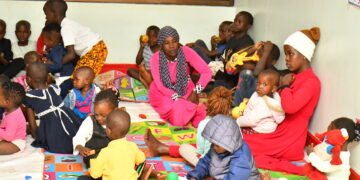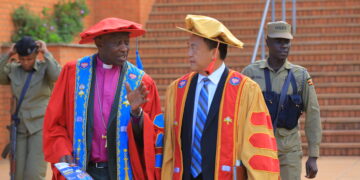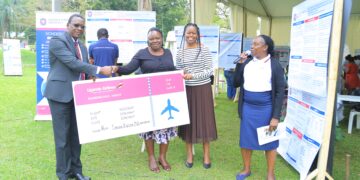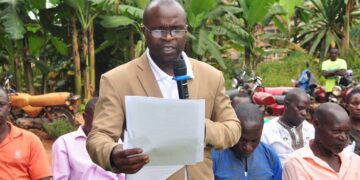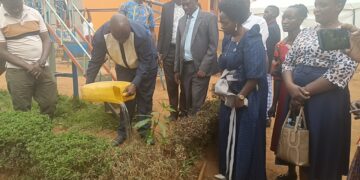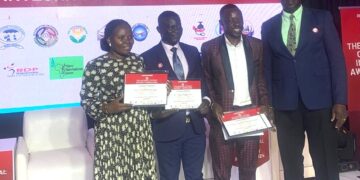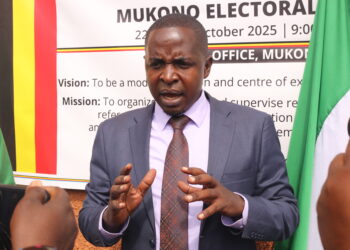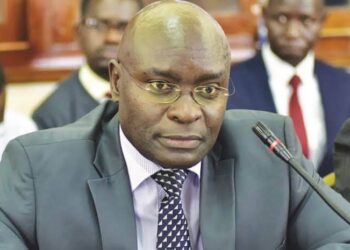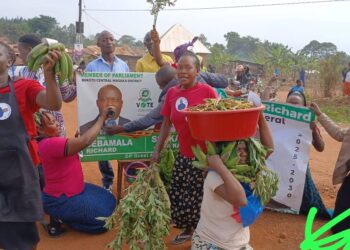Sheila Amaniyo Dravile was nominated on Wednesday to contest the Mukono District Woman Member of Parliament seat on the National Unity Platform (NUP) ticket, promising a campaign centred on economic empowerment, skills development and women’s financial emancipation.
Amaniyo told reporters after her nomination that her programme is built on a simple premise: skills + capital = productivity.
“For you to be economically empowered, you must have a skill. Once you have a skill, you need capital. Once you have capital there is a ripple effect — you become productive and able to afford anything you want in life,” she said.
She identified the entrenched gap between the educated and the uneducated, and what she described as the disproportionate burden of poverty on women in the district.
Amaniyo argued that cultural barriers to land ownership and resource control keep many women economically dependent and excluded.
“Women are the most affected by poverty. Starting from distribution of resources, women are not land owners — it is still a cultural issue here,” she said, adding that she will popularise the new Succession Act to help women claim and manage inheritance.
Amaniyo said her approach would combine mass sensitisation with practical interventions: training programmes to build skills, and targeted lobbying for capital and market linkages so artisans and small entrepreneurs can scale up.
“I am here to teach them how to fight, to show them which door to knock at. That is how we are going to be liberated as women and get that emancipation,” she said.
Health and education also featured prominently in her message. Amaniyo described the state of health services in parts of Mukono as “appalling” and pledged to be a vocal legislator, willing to “bang the table” in Parliament to force government response.
She praised civic awareness in urban areas and attributed growing public demand for accountability to NUP’s mobilisation efforts.
“My role is to push and ensure the government responds based on the situation,” she said.
On questions of ethnicity and belonging — raised by critics who have hinted she is not “from here” — Amaniyo emphasised Mukono’s cosmopolitan character and rejected tribalism as a barrier to leadership.
She reminded constituents that the district includes many communities, from Baganda to Lugbara, and said intermarriage and migration have long made Mukono a diverse “global village.”
“If you are a resident you have the right to participate fully. I was raised here; Mukono is where my story started,” she said.
Amaniyo described her leadership style as servant leadership, aligned with NUP’s national platform to deliver a decent living for Ugandans.
She stressed that Members of Parliament must act at the policy level rather than become substitutes for local council duties.
“Once the human resource is skilled and equipped, they are able to afford and have a decent living. As a national platform our mission is for Ugandans to have a decent living,” she said.
She closed by asserting her readiness to represent Mukono women, saying she and her supporters are experienced and prepared to pursue measurable results rather than rhetoric.
“I am here to work for the people in the term they give me. Based on my delivery, the results will speak for themselves,” Amaniyo said.
The nomination sets the stage for a competitive race in Mukono District, where development needs — especially in education, health and women’s economic rights — are high on voters’ minds.
ENDS

